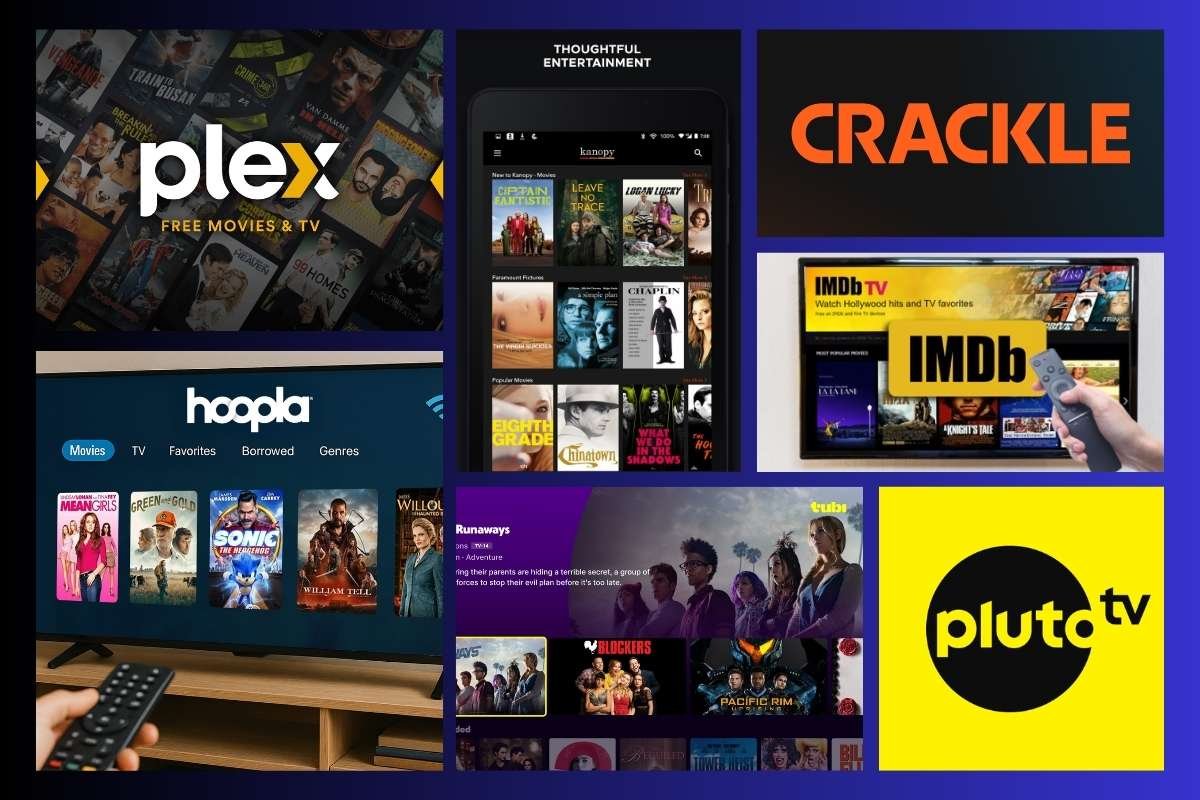In recent years, the landscape of gaming has undergone a dramatic transformation, thanks to the unprecedented rise of mobile gaming. Once considered a niche market, mobile gaming has evolved into a powerhouse industry, captivating audiences of all ages and demographics around the globe. With the advent of powerful smartphones and the accessibility of high-speed internet, mobile gaming has emerged as a force to be reckoned with, revolutionizing the way we play and interact with games. In this article, we’ll delve into the reasons behind the surge in popularity of mobile gaming and explore its impact on the gaming industry as a whole.
The rise of mobile gaming can be attributed to several key factors, chief among them being the widespread availability of smartphones. With smartphones becoming increasingly affordable and ubiquitous, more people than ever before have access to powerful gaming devices right in the palms of their hands. Whether it’s during a commute, a lunch break, or lounging at home, the convenience of being able to play games anytime, anywhere has contributed significantly to the popularity of mobile gaming.
Furthermore, the evolution of mobile technology has resulted in gaming experiences that rival those of traditional gaming platforms such as consoles and PCs. Modern smartphones boast high-definition displays, advanced processors, and immersive audio capabilities, allowing developers to create visually stunning and engaging games that push the boundaries of what is possible on a mobile device. From casual puzzle games to complex multiplayer experiences, the diversity of content available on mobile platforms caters to a wide range of tastes and preferences, further fueling the growth of the mobile gaming market.
Changing Demographics and Gaming Culture
Another factor driving the rise of mobile gaming is the changing demographics of gamers. Traditionally, gaming was perceived as a predominantly male hobby, but mobile gaming has helped shatter this stereotype by appealing to a more diverse audience. Women, in particular, have embraced mobile gaming, with studies showing that they make up a significant portion of mobile gamers worldwide. This shift in demographics has led to a more inclusive gaming culture, where people from all walks of life can come together to enjoy their favorite games.

Moreover, the social nature of mobile gaming has contributed to its widespread adoption. Many mobile games incorporate social features such as multiplayer modes, chat functions, and social media integration, allowing players to connect with friends and strangers alike in real time. This social aspect adds a new dimension to the gaming experience, fostering community engagement and collaboration among players. Whether it’s teaming up with friends to conquer a challenging level or competing against rivals in a virtual arena, mobile gaming has become a social phenomenon that brings people together in ways never before possible.
Monetization and Business Models
From a business standpoint, the rise of mobile gaming has opened up a wealth of opportunities for developers and publishers. The freemium model, in which games are free to download but offer optional in-app purchases, has become the dominant monetization strategy in the mobile gaming industry. This model allows developers to reach a larger audience while still generating revenue through microtransactions for virtual goods, upgrades, and additional content.
In addition to in-app purchases, mobile games also generate revenue through advertising, sponsorships, and subscriptions. Ad-supported games offer free gameplay in exchange for viewing ads, while sponsorships involve partnering with brands to promote products or services within the game environment. Subscription-based models, meanwhile, provide players with access to premium content or features for a monthly fee. These various monetization strategies have proven to be highly lucrative, driving the growth of the mobile gaming market and attracting investment from both established companies and indie developers alike.
Impact on the Gaming Industry
The rise of mobile gaming has had a profound impact on the gaming industry as a whole, influencing everything from game design and development to marketing and distribution. Traditional gaming companies have recognized the potential of the mobile market and have begun to shift their focus towards mobile platforms, releasing mobile versions of their most popular franchises and investing in mobile-first development.

Furthermore, the success of mobile gaming has paved the way for new genres and gameplay mechanics to emerge. The simplicity and accessibility of mobile games have encouraged innovation and experimentation, leading to the creation of unique gaming experiences that defy traditional conventions. From augmented reality games that blend the virtual and physical worlds to location-based games that encourage exploration and discovery, mobile gaming continues to push the boundaries of what is possible in interactive entertainment.
Challenges and Opportunities
Despite its undeniable success, mobile gaming is not without its challenges. The sheer volume of games available on app stores can make it difficult for developers to stand out and attract players to their titles. Moreover, the prevalence of free-to-play games has led to concerns about predatory monetization practices and the exploitation of players, particularly children and vulnerable individuals.

However, amidst these challenges, there are also opportunities for growth and innovation in the mobile gaming industry. The continued advancement of technology, including developments in augmented reality, virtual reality, and cloud gaming, promises to further enhance the mobile gaming experience and open up new possibilities for developers and players alike. Additionally, the global reach of mobile platforms presents opportunities for developers to tap into emerging markets and reach audiences that were previously inaccessible.
Conclusion
In conclusion, the rise of mobile gaming represents a paradigm shift in the world of gaming, democratizing access to interactive entertainment and reshaping the way we play, connect, and socialize. With smartphones becoming increasingly powerful and ubiquitous, the mobile gaming market shows no signs of slowing down, continuing to grow and evolve at a rapid pace. As technology continues to advance and new innovations emerge, the future of mobile gaming looks brighter than ever, promising exciting new experiences and opportunities for players and developers alike. Whether you’re a casual gamer looking to pass the time or a hardcore enthusiast seeking immersive gameplay experiences, the world of mobile gaming has something for everyone, making it a truly game-changing phenomenon.
Related topics:
1. 15 Benefits Of Gaming For Women Empowerment, Fun, And Beyond
2. 7 Best Gaming Headsets For Women With Small Ears: A Comfort And Performance Guide
3. Level Up Your Gaming Experience: Exploring The Top 10 Gaming Accessories Companies To Watch In 2024
4. 10 Best Gaming Websites To Elevate Your Gaming Experience
5. 7 Things To Consider Before Buying A Gaming Console









